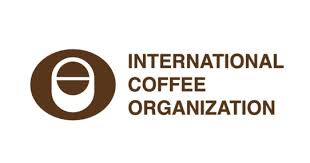International Coffee Organization

The International Coffee Organization (ICO) is the main intergovernmental organization for coffee, bringing together producing and consuming countries to tackle the challenges facing the world coffee sector through international cooperation. It makes a practical contribution to the world coffee economy and to improving standards of living in developing countries by:
- enabling government representatives to exchange views and coordinate coffee policies and priorities at regular high-level meetings;
- encouraging a sustainable world coffee economy;
- initiating coffee development projects to add value and improve marketing;
- increasing world coffee consumption through innovative market development activities;
- promoting the improvement of coffee quality;
- working closely with the global coffee industry through a 16-strong Private Sector Consultative Board which tackles issues such as food safety; and
- ensuring transparency in the coffee market by providing objective and comprehensive information on the world coffee sector by means of statistics and market studies.
The ICO was set up in London in 1963 under the auspices of the United Nations because of the great economic importance of coffee. It has administered six International Coffee Agreements (ICAs), the most recent of which entered into force provisionally on 1 October 2001 and definitively on 17 May 2005. Its 77 Members include 45 coffee exporting and 32 importing countries, and it functions through the International Coffee Council, the Executive Board, the Private Sector Consultative Board, the Executive Director and a small Secretariat.
Coffee is one of the world’s largest traded commodities produced in more than 60 countries, providing a livelihood for some 25,000,000 coffee farming families around the world. Many of these countries are heavily dependent on coffee, which can account for over 75% of their total export earnings. Among consumers coffee is a universally popular drink, with over US$70 billion in retail sales a year. ICO exporting Members account for over 97% of world coffee production and its importing Members are responsible for around 80% of world coffee consumption.